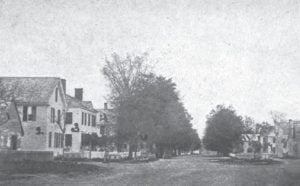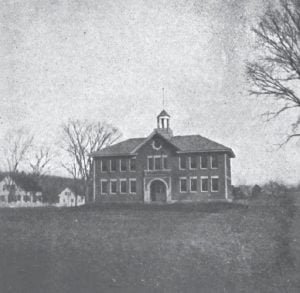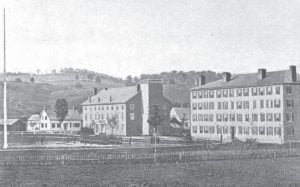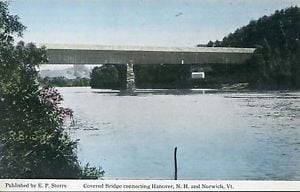Geographical Names of the Norwich VT Locality
Of the little settlements in the township of Norwich which seem to be existing in the sunset of their former glory, may be mentioned Beaver Meadow, or West Norwich. This place presents a notable instance of that decline in population and decay of business interests in a rural community, of which Vermont affords many examples since the advent of railroads and the fever of western emigration set in. For more than thirty years population, wealth, and enterprise have been drifting away from that section of the town. Probably the settlement reached the height of its prosperity previous to 1840. During … Read more






